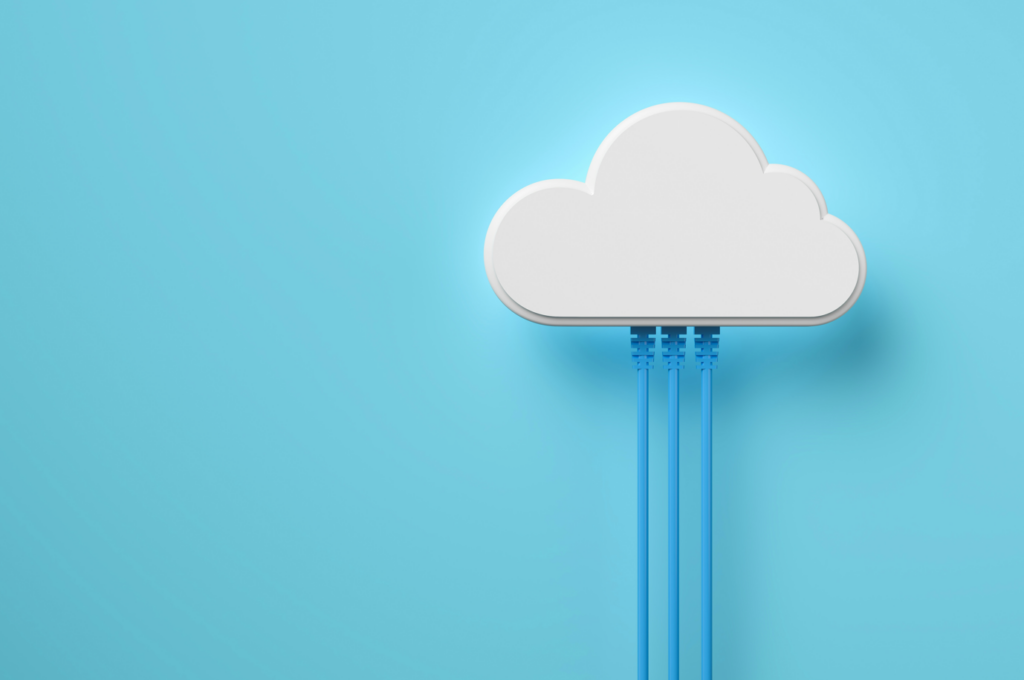How modern businesses run (at least efficient ones) is quite simple – they stick to their core tasks and outsource everything else. The majority of businesses outsource their customer support and HR, but almost all of them are outsourcing their IT. This is what makes MSP one of the fastest-growing industries (projected to grow by 2.33% from 2025 to 2029).
Still, growth is almost always the result of innovation and adoption, and discussing innovation is impossible without considering future trends.
So, what is the future of MSP software? What are the driving forces that will drive the adoption of these tools significantly up? What tools will MSP experts use to provide superior experiences and what services are they expected to include in their offer as the result of these tech improvements?
Let’s check this out!
Higher Adoption of AI-Related Technologies

Generative AI has revolutionized automated processes like ticketing and billing. It eliminates the repetitive grind and saves valuable time for MSPs. This efficiency isn’t just about speed but about enhancing the overall workflow. It’s a glimpse into the future of managed services, where automation takes center stage in driving better outcomes.
Templates were a great start, but they’ve reached their limits. AI steps in with dynamic, adaptive solutions that outperform one-size-fits-all approaches. According to specialists behind a prestigious MSP staffing company, the prowess of the AI tool you use evolves with each task, ensuring that systems remain precise and efficient. This is one of the key MSP trends shaping the industry, enabling businesses to deliver customized solutions without constant manual adjustments.
AI isn’t just a time-saver; it’s a precision tool. By analyzing massive datasets, it spots issues and patterns that might otherwise go unnoticed. This leads to fewer errors and more informed decision-making. Adopting AI technology means teams can shift focus to strategic initiatives, letting smart systems handle the heavy lifting.
AI truly shines in proactive monitoring. Imagine a system that predicts and resolves issues before they escalate. This foresight not only minimizes downtime but also enhances user experiences. Moreover, multi-cloud strategies paired with AI create robust, scalable infrastructures that adapt to evolving business needs.
Cloud-Native Solutions Becoming Standard

Cloud-native solutions are redefining the future of managed services, offering unparalleled scalability and flexibility. Businesses no longer need to worry about overhauling their IT infrastructure during growth spurts. These solutions expand effortlessly, letting companies adapt quickly to changing needs while avoiding the downtime associated with traditional setups.
Moreover, cloud-native tools are highly cost-effective. You’re no longer locked into expensive hardware or physical servers, saving money that can be redirected toward other strategic initiatives. This approach is part of key MSP trends, enabling organizations to operate leaner while still delivering top-notch service.
Another significant benefit is the speed of deployment. According to specialists providing outsourced MSP staffing solutions, this is the key trend for modern remote work. Updates and new functionalities can be rolled out seamlessly, ensuring systems stay current without disrupting operations. Also, integrating with other platforms enhances collaboration and efficiency, a vital component for multi-cloud strategies.
People work with these tools from different locations, networks (and network strengths), and devices. If these networks aren’t usable and adaptable to legacy hardware and complementary software, they’re not flexible enough to be a permanent solution in the field.
Cybersecurity Integration Within MSP Tools

Modern MSP tools are increasingly designed with cybersecurity integration at their core. These tools ensure that MSPs can scale securely without compromising their IT infrastructure. They also adapt swiftly to changing needs while safeguarding against vulnerabilities that often arise during periods of rapid growth.
Businesses save money by eliminating the need for expensive hardware and physical servers. This money can be invested in robust security measures and other strategic priorities. This lean approach, which ensures optimal service delivery without sacrificing protection, is one of the key MSP trends in 2025.
Speed of deployment is critical in addressing evolving cybersecurity threats. Seamless updates and new features of MSP tools will ensure that systems remain secure and up to date-without disrupting operations. By its very nature, integration with other platforms enhances collaboration while maintaining a secure framework (a vital aspect of multi-cloud strategies).
This connectivity improves productivity and empowers distributed teams to stay aligned. In a way, this ensures consistency and quality of service. Combined with AI technology, these solutions provide a robust, future-proof framework for modern MSPs.
Zero-Trust Security in MSP software

Zero-trust security is becoming a cornerstone of all future MSP software trends. This approach assumes no user or device is inherently trusted, requiring continuous authentication and verification for every access attempt. Sure, it slows down the process, but it elevates cybersecurity to a whole new level.
One of the most interesting elements of Zero-trust is micro-segmentation. MSP tools are incorporating this feature to divide networks into smaller segments. This limits the damage of a potential breach. In other words, it’s a containment strategy, which is crucial when handling sensitive data, and it’s nearly impossible to imagine the future of MSP software without it.
Integration with advanced identity and access management (IAM) systems is another trend shaping Zero Trust adoption. MSP software now supports granular access controls, ensuring that only authorized personnel can access specific systems or data, bolstering both security and compliance.
This sort of compartmentalization and granular access is the key component of the future reliability of MSP software. The industry is largely on a remote/hybrid model, which makes access one of the hottest issues to resolve.
Emphasis on User Experience (UX)
Intuitive dashboards and interfaces are becoming essential for modern MSPs. Clients expect tools that are easy to navigate, with minimal learning curves. This shift reflects the future of managed services, where user experience drives custom loyalty and satisfaction. Simplicity often translates into better adoption and usage rates.
Streamlined customer communication portals make collaboration seamless. Moreover, these portals centralize all client interactions, making tracking and resolving issues easier. This is one of the key MSP trends focused on building stronger relationships and reducing communication gaps.
A faster learning curve for new users ensures teams get up to speed quickly. When tools are intuitive and require minimal training, businesses save time and money. This also improves overall productivity, vital in competitive industries where AI technology adoption is prevalent.
Personalization through client data insights adds another layer of value. MSPs can tailor their offerings to meet specific needs by analyzing user behavior and preferences. Also, integrating these insights into multi-cloud strategies allows for even more robust and flexible solutions that resonate with diverse client bases.
Final Thoughts on The Future of MSP Software
The future of managed services is bright, with innovation at its core. From AI technology adoption to seamless multi-cloud strategies, MSPs are redefining what’s possible for businesses of all sizes. Also, these advancements are more than just trends – they’re tools for building resilience, scalability, and trust. As we move forward, staying ahead means embracing these shifts and adapting to clients’ ever-changing needs.



0 Comments